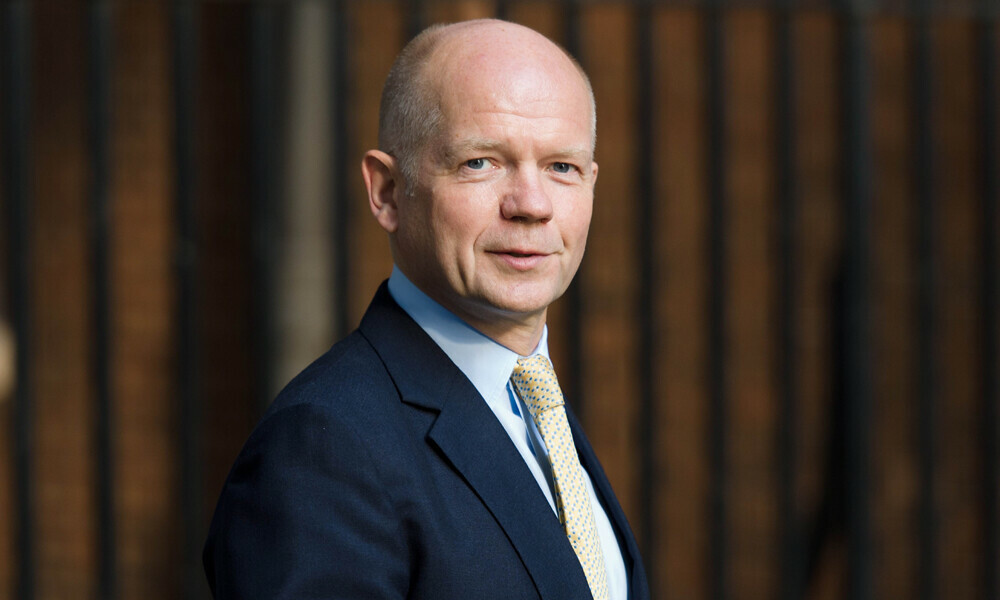William Hague
LONDON: William Hague, the former leader of the UK’s Conservative Party and a former foreign minister, was elected as the next chancellor of the University of Oxford on Wednesday.
The position, which is largely ceremonial, holds significant historical prestige and is considered one of the most eminent roles in higher education.
Hague’s election marks a new chapter in the centuries-old tradition of the chancellorship, a role that dates back at least 800 years.
Hague will succeed Chris Patten, Britain’s last governor of Hong Kong and a veteran Conservative politician, who recently stepped down after 21 years in the role.
Hague emerged victorious against four other candidates, including former Labour minister Peter Mandelson, in a competitive election.
The university announced that Hague secured a majority in the final round of voting, making him the 160th recorded chancellor in Oxford’s history.
The election attracted considerable attention due to its high-profile contenders. Among those reportedly in the running were former British prime ministers Sir Tony Blair and Boris Johnson.
The vacancy prompted widespread speculation about potential candidates, underscoring the role’s significance in academia and public life.
Interestingly, Pakistan Tehreek-e-Insaf (PTI) founder and former Pakistani Prime Minister Imran Khan had applied for the chancellorship in September.
Despite being incarcerated on corruption charges and accusations of incitement during the May 9 protests last year, Khan sought to compete for the prestigious position.
However, his bid was rejected in October, according to his adviser, and his name did not appear on the shortlist of 38 candidates released by Oxford.
The selection process highlights the enduring prestige of the Oxford chancellorship, which remains a symbol of influence and recognition.
As Hague prepares to take on the role, his election signals continuity in the university’s tradition of appointing individuals with significant contributions to public service and leadership.










